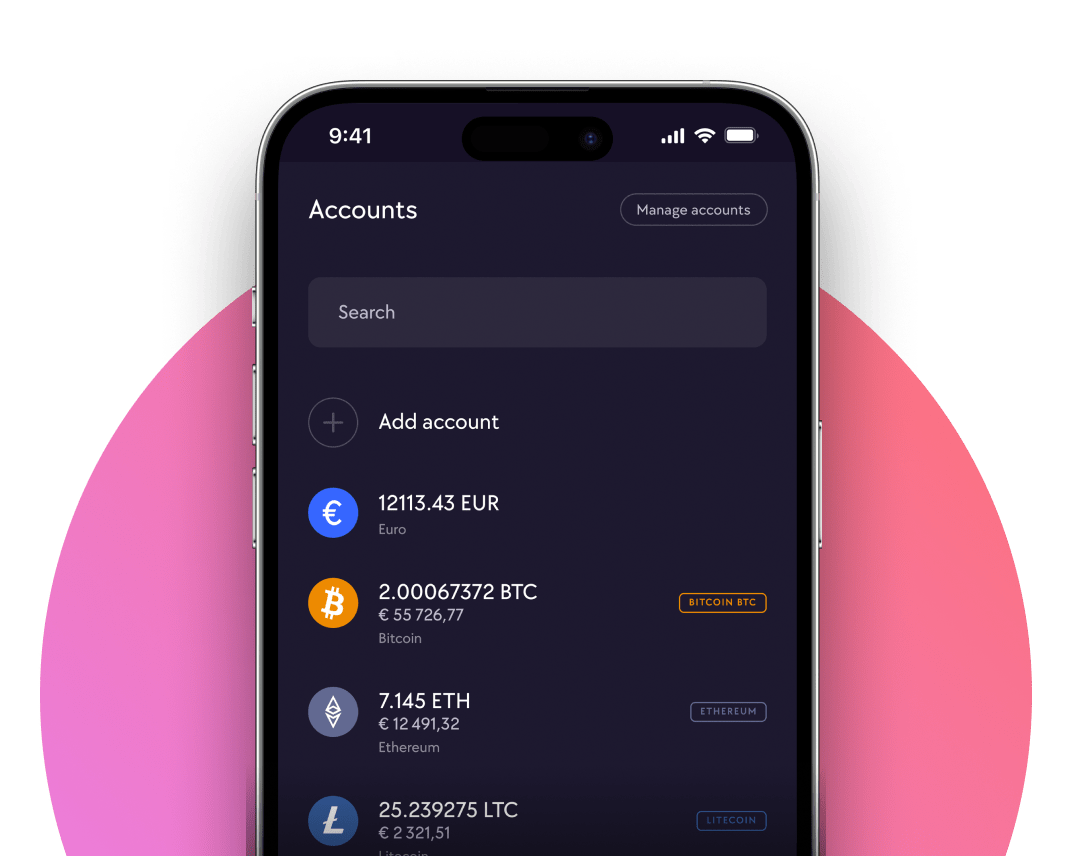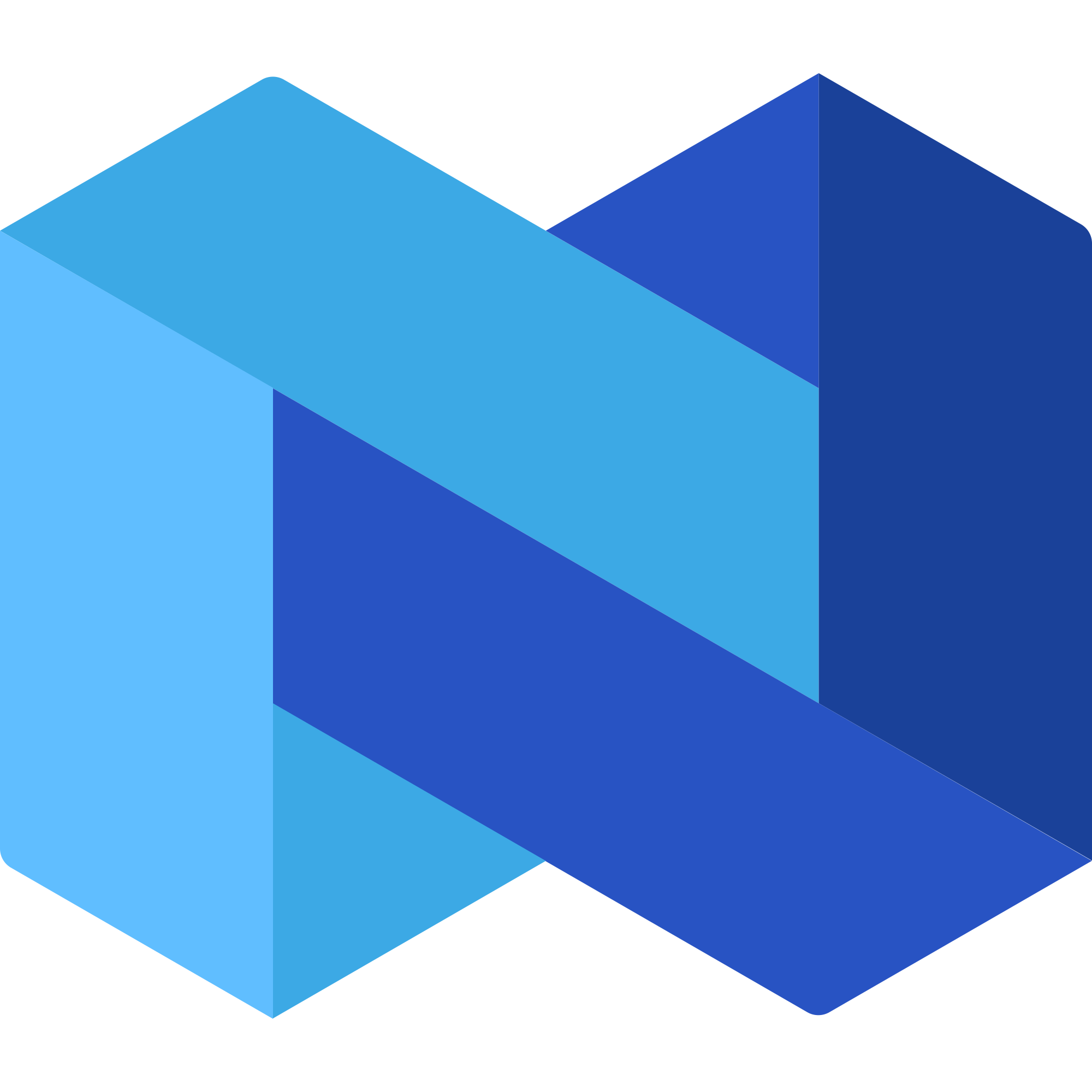Buy Bitcoin Cash (BCH) with Credit Card or Debit Card
- Best way to buy Bitcoin Cash online and pay using your credit card, debit card, or bank account.
- The cheapest way to buy Bitcoin Cash (BCH) with low transparent fees and no hidden fees.
- Buy and send Bitcoin Cash instantly to any external wallet.
- Spend Bitcoin Cash anywhere with CryptoWallet.com Card - Just like fiat!
Bitcoin Cash (BCH) Live Price Chart
How to Buy Bitcoin Cash (BCH) Instantly
Payment Methods to Buy Bitcoin Cash (BCH)
The Cheapest Way to Buy Bitcoin Cash
Spend Bitcoin Cash Anywhere Just Like Cash
- Spend Bitcoin Cash directly from your wallet.
- Free card order and free delivery.
- 800+ cryptocurrencies supported.
- NO Conversion fees and ZERO hidden fees.
- Lowest transaction fees compared to any other crypto card.
- Connect with Apple Pay or Google Pay.
- Earn cashback in our $SPEND token on every purchase.

Buy and Send Bitcoin Cash to External Wallets
The Best Place to Buy Bitcoin Cash Instantly
It is highly recommended to use a secure and reliable platform to buy BCH. Here are several reasons why CryptoWallet.com is the best place to buy Bitcoin Cash instantly.
Buying Bitcoin Cash Online FAQs
What is the best way to buy Bitcoin Cash?
The best way to buy Bitcoin Cash (BCH) instantly is by using a credit or debit card, as it offers convenience and accessibility. With just a few clicks, you can make instant online purchases and start building your crypto portfolio.
However, it's crucial to ensure the safety of your transactions and investments. That's why CryptoWallet.com emerges as one of the safest places to buy Bitcoin Cash (BCH) online.
What is the best place to buy Bitcoin Cash?
CryptoWallet.com is one of the most affordable and the best place to buy Bitcoin Cash and crypto assets. We prioritize the security of your funds and personal information, with low transparent transaction fees, and no hidden fees, giving you a secure and seamless experience of buying Bitcoin Cash instantly.
Can I buy Bitcoin Cash (BCH) with a credit card?
Yes, you can buy Bitcoin Cash (BCH) with a credit card on CryptoWallet.com. We make it easy for you with just 5 simple steps.
- Sign up and create an account on CryptoWallet.com.
- Complete the KYC process
- Select Bitcoin Cash (BCH) as the cryptocurrency you want to purchase.
- Enter the desired amount of Bitcoin Cash you wish to buy.
- Proceed with the credit card payment, and your Bitcoin Cash will be instantly credited to your CryptoWallet.com account or external Bitcoin Cash wallet.
Additionally, we pride ourselves on offering one of the lowest fees in the market, ensuring that you get the most value out of your transactions. Our platform offers a trusted and reliable environment to buy Bitcoin Cash and other assets and make them more accessible in your daily life.
Can I buy Bitcoin Cash (BCH) with a debit card?
Yes, you can buy Bitcoin Cash (BCH) with a debit card. CryptoWallet.com allows you to conveniently purchase Bitcoin Cash using your debit card and hold them in your wallet. Additionally, you have the flexibility to send the purchased Bitcoin Cash to any external wallet of your choice instantly. We pride ourselves on offering low and transparent fees, which can be easily calculated using our online calculator.
However, it's important to note that some banks may have policies in place that could block crypto-related transactions. In such cases, they may require additional personal confirmation before releasing the payment.
Can I buy Bitcoin Cash with a bank transfer?
You can easily buy Bitcoin Cash using SEPA transfers as the payment method. SEPA transfers allow for convenient and secure bank transfers within the European Union. To purchase BCH and other cryptocurrencies using SEPA transfers, follow these steps:
- Create an account on CryptoWallet.com
- Complete the KYC requirements.
- Navigate to the "Buy" section of the platform
- Select Bitcoin Cash or any other assets you wish to purchase
- Put your wallet address or your CryptoWallet.com to store your BCH
- Check the fees and choose SEPA transfer as the payment method
- Complete the transaction
- Check your Bitcoin Cash balance on your CryptoWallet.com account or external wallet.
Once the funds are available, you can spend them just like fiat currency using our Crypto Card.
Should I buy Bitcoin Cash (BCH)?
Buying Bitcoin Cash (BCH) indeed offers significant opportunities for both short-term and long-term gains. However, it's important to note that this response does not constitute financial advice.
Crypto markets are highly volatile, meaning prices can fluctuate rapidly and unpredictably. Investing in cryptocurrencies carries inherent risks, and it's crucial to conduct thorough research, assess your risk tolerance, and make informed decisions based on your own financial circumstances.
Is Bitcoin Cash (BCH) a good investment?
Bitcoin Cash (BCH) or any other cryptocurrencies can be considered as a potentially lucrative investment option, but it's important to be aware of the market's volatility and associated risks.
The crypto market has indeed experienced significant growth, with instances of short-term increases of up to 300%. However, it's important to note that the same market has also witnessed substantial crashes during the same period.
If you choose to invest in Bitcoin Cash (BCH), it should be done at your own risk, and it's advisable to consult with a qualified financial professional.
Where to store your Bitcoin Cash (BCH) holdings?
You can store Bitcoin Cash (BCH) in your CryptoWallet.com account or in an external third-party wallet as preferred. When using a third-party solution, always take care that the wallet you’re using is compatible with your purchased version of Bitcoin Cash (BCH), and take precautions to store the private keys needed to access your funds securely.
Can I use a prepaid card to buy Bitcoin Cash?
Yes, you can use a prepaid card to purchase assets on our platform, as well as a credit/debit card or wire transfer. We’re gearing up to list thousands of cryptocurrencies, all linked to our flagship crypto card product!
Is there a fee when buying Bitcoin Cash with a credit or debit card?
Yes, as with any purchase involving a credit or debit card, you’ll be charged a small fee when making a purchase on our platform. CryptoWallet.com charges a low transparent fee that is displayed on the calculator when you are buying Bitcoin Cash with EUR or your local currency.
Once you’ve purchased crypto and you’re ready to spend it using our card, you can enjoy the lowest fees on the market for spending crypto.
Can I buy Bitcoin Cash with the app?
Yes! You can buy Bitcoin Cash as well as other assets through the mobile app that would be available on both Android and iOS devices. The app would be launching in October 2023.
Can I purchase Bitcoin Cash (BCH) with Paypal?
At the moment, users can buy Bitcoin Cash (BCH) with a bank card (Visa or MasterCard) or SEPA bank transfer. PayPal is not supported at this time.
Where to buy Bitcoin Cash (BCH)?
You can buy Bitcoin Cash (BCH) online on CryptoWallet.com! Simply enter the amount you want to buy and then complete your purchase with either a credit card, debit card, or wire transfer transaction.
However that are many other alternative ways to buy Bitcoin Cash such as P2P platforms, trading platforms, and centralised and decentralised exchanges.
How quickly will I receive Bitcoin Cash (BCH) after purchase?
You will receive Bitcoin Cash (BCH) instantly after making a purchase on the platform. Your CryptoWallet.com account balance will update, and from there, you can store, transfer, and even spend your funds directly on anything you’d like!
Can I buy Bitcoin Cash without KYC verification?
No. To comply with international law and to provide a safe, regulated environment for all of our customers to enjoy, users must pass KYC (Know-Your-Customer) identity verification before buying Bitcoin Cash (BCH) and other digital assets on CryptoWallet.com.
Can I Buy and Send Bitcoin Cash (BCH) to an External Wallet?
Yes, you can buy (BCH) and send it to an external wallet. During the process of purchasing Bitcoin Cash (BCH), you will have the option to provide the address of the wallet where you want to transfer (BCH). Once you have completed the transaction, the Bitcoin Cash will be sent to your specified external wallet.







